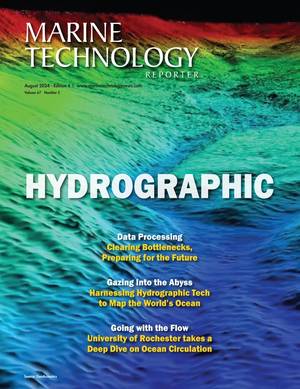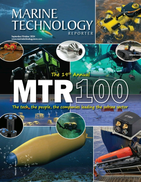Happy to be Blue
Dr. Anya Waite leads Ocean Frontier Institute’s interdisciplinary marine research.
- As published in the March/April edition of Marine Technology Reporter
“There’s something compelling about the color blue,” said Dr. Anya Waite, scientific director and CEO of the Ocean Frontier Institute (OFI) and associate and vice president research (ocean) at Dalhousie University. As the bright sky shone through her office window and the waters of Halifax Harbor glimmered through the tree line, blue seemed to be even more inspiring. OFI, based on Dalhousie’s campus, is an interdisciplinary research partnership between the university, Memorial University of Newfoundland (MUN) and the University of Prince Edward Island. As the climate warms and scientists race to better understand the role of oceans, Waite’s position is an impactful one, thanks to critical knowledge and a lifetime of exploration.
A native Nova Scotian, she grew up curious and ambitious, first wanting to pursue music, then English to become a writer. Embracing her love for the natural world, Waite completed a Bachelor of Science degree in biology at Dalhousie. After volunteering on a research vessel, she knew she had found her calling: “When you're out at sea, and you're all trying to work together, it's a very exciting sort of teamwork. It's physically demanding labor, but you're all coming together to get something out of the research voyage. That did it for me—I fell in love with being at sea.”
After Dalhousie, Waite completed her PhD in biological oceanography at the University of British Columbia and then held postdoctoral positions at Woods Hole Oceanographic Institute and Victoria University in New Zealand. She soon took a professorship at the University of Western Australia in Perth, where she taught and led research for 17 years. In 2014, Waite became section head of polar biological oceanography at the Alfred Wegener Institute for Polar and Marine Research before returning to Halifax and her alma mater in 2018.
Q: Within your career, do you have a most valuable experience, or set of experiences?
Dr. Waite: I think the biggest thing I learned was that politics are very local. And you only need to step two doors down the road, and you’re in a completely different atmosphere. For example, you can be in a situation where somebody who finds you difficult for some reason. That can be true or not true—it doesn't matter. Then, you go next door and there’s a whole different behavior and culture.
For me, it was realizing that with these ground-level politics, you need to step up and see that almost from above and identify, “This is a pit, and this is a mountain. How do I navigate through that?” But to do that professionally, you need to take on leadership. And that I think was the biggest revelation to me—first, I had to take on leadership, and second, I could potentially be good at it because I just wanted to do science. I never had any interest in climbing this power structure. Then suddenly, I started to realize, “I'm in a pit. I want to be on a mountain.” I think it's that for me, the crystallization of the need for good leadership, and that that might be me, which is a little bit confronting because you never think of yourself in that way. You’re just getting on with the exciting science you’re trying to do.
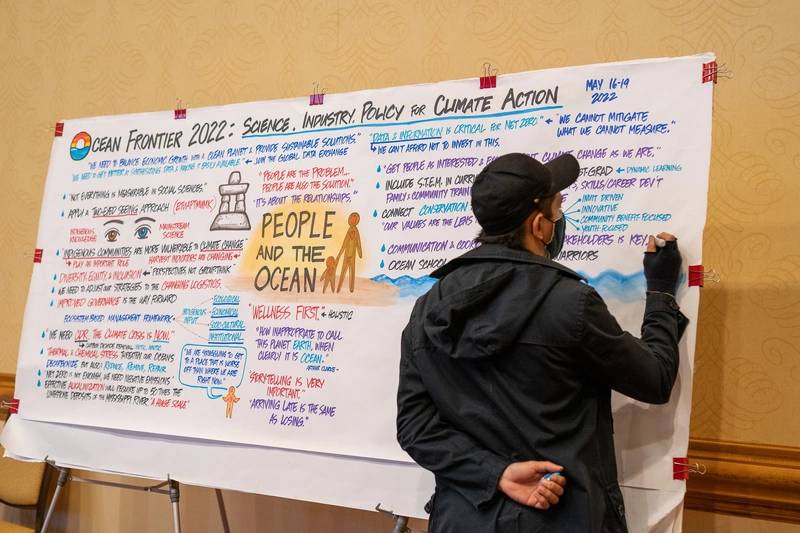 Artist Jamie Neish helping to capture the themes discussed at OFI's Ocean Frontier 2022 event. © Odum Idika
Artist Jamie Neish helping to capture the themes discussed at OFI's Ocean Frontier 2022 event. © Odum Idika
Q: Speaking of exciting science—what was the rationale behind the creation of OFI and what are its goals for the future?
Dr. Waite: OFI was founded in 2016 on a major grant from the Canada First Research Excellence Fund called Safe and Sustainable Development of the Ocean Frontier, and the idea was to pull together researchers at a higher level to do larger-scale work and focus on bigger goals. The science community is generally a series of mini silos. Each researcher has their own kind of lab, if you will, and then they develop their own reputation, and their own group of grad students, and so on. And people do come together to work on specific projects, but very often the idea is that they’re building their own publication record, and they’re not necessarily focusing on bigger goals. OFI was supposed to get beyond that.
The first set of projects went to individual investigators. They were big projects and they pulled in lots of people, but they went into single leaders. And that made sense because you had to start somewhere, and you need to get things moving. But in the phase two, when I came in, we started to say, “You have to work in bigger groups. You need to touch base across engineering, natural sciences, and social sciences. You need to have that engagement with indigenous communities,” which had not been pushed in the first phase. And so, the second phase of OFI really moved towards that more transdisciplinary vision—the vision of delivering to society. Once phase two research projects were launched, we started to pivot to ask how we were going to impact Canadian and international policy.
That’s when it came out that many policymakers didn’t understand the role of the ocean in the global carbon cycle, and that this cycle controls climate change. There’s this gap that needed to be filled. And so, we created The Ocean is Missing campaign. It’s starting with the research, understanding enough about the policy to identify a gap and then creating a campaign of information that’s going to cross that gap. When people realize how important the ocean is in the climate, the question becomes, “Why didn't I know this before? What could we do?" And then, we found as soon as we did that, we started to hear it from industry, too. I think it’s that policy and industry conversation that’s unique about OFI and that I’d like to see continue.
Part of the answer to that then becomes, well, we have to start in our own backyard. The North Atlantic is a place where 30% of ocean carbon annually is stored. Let’s start there, and let’s envisage something as big scale as the North Atlantic Carbon Observatory.
Q: This is the first time I’ve heard about the North Atlantic Carbon Observatory—can you expand?
Dr. Waite: The North Atlantic Carbon Observatory is a big vision. I wouldn’t say that the whole thing has been enacted, but there’s certainly been the first few pieces put into place. We’re doing some of the first work in mapping carbon data across the North Atlantic and asking, “What exists now? How is it used? Where does it go?”
There’s some work being done between Dalhousie and Germany on measuring carbon input from a carbon dioxide reduction point of view. There are some carbon observation techniques that are being worked on at MUN. And so, little pieces of the big vision are slowly being pulled together. We’re doing a lot of work internationally with the UN. We’re working within Canada to make people aware of what’s going on.
There are also two exciting things coming up. First, the Our Ocean Conference in Panama, where we’re proposing a side event to start talking about the importance of ocean observation in reaching climate goals. And then independent of OFI, there will be a proposal to the Canada First Research Excellence Fund, which includes Dalhousie University, Memorial University and two Quebec universities: Université du Québec à Rimouski and Université Laval. We’re coming together in a new constellation to address carbon and climate change.
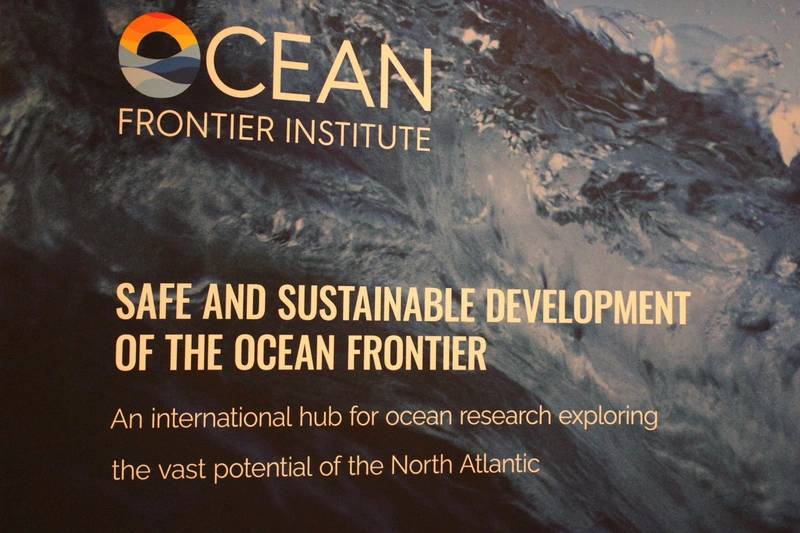 A banner created for OFI's Ocean Frontier 2022 event. © Ocean Frontier Institute
A banner created for OFI's Ocean Frontier 2022 event. © Ocean Frontier Institute
Q: Throughout your career, have you noticed an evolution of marine science and technology? What does the future look like?
Dr. Waite: Well, the big change is big data, right? And that also has meant the programs and the papers have become bigger. It used to be very common to have a single-author paper. Now, you almost never have a single-author paper, unless it’s an opinion piece. We’ve gone from three being considered a long authorship list to 100, and I think managing that complexity is the big challenge. At the same time, the new data that are available—genetic, imaging, sound—are transforming our understanding of the oceans as we speak. That’s super exciting, but it means that we need to care a lot more about our data, the involved scientists and about using techniques to pull together this emerging picture of wisdom. And we need to become even better storytellers to do that. The whole narrative part of science has never been more important than it is now, but has never been more challenging because we have all these massive terabytes of data flowing in.
Q: In terms of the marine industry, are there any topics that you feel don’t get enough attention?
Dr. Waite: What’s interesting is just at the last couple of COPs, I’ve been talking to international financiers, and I think what the public needs to understand is that those people are trying to help. They’re trying to create financial structures that will help save the world. That’s the international conversation right now and I find it super interesting because they’re saying, “What can we do to support these governments in going in the right direction for biodiversity and for climate change when the conventional financial products are inadequate?” That's an exciting conversation. And of course, not my area at all. I sit in those meetings as the ocean person, and I listen to all sorts of jargon and discussion that I barely can understand, but it’s fascinating.
Q: Lastly, I wanted to touch on something I heard you discuss during a keynote speech at the International Congress on Maritime Museums here in Halifax last September. You mentioned the importance of “deep blue carbon.” Can you explain what this is and why we should care?
Dr. Waite: As you know, I believe that the carbon budget and climate change are the single most pressing issue that we face. The ocean is where most of the carbon is stored, and it’s where our attention needs to be. What’s happened in recent years is that the attention has become focused on blue carbon, which is carbon that is held by organisms, mostly plants, and mostly in the coastal zone (sea grasses, kelps and seaweeds, mangroves, salt marshes). They hold in a lot of carbon and in some cases, like with sea grasses, you can have meters of root structures embedded below them, and that’s another fossil carbon source that must stay locked down. We can’t allow that to be disrupted and released.
What happens, though, is because these are compelling biodiverse areas that bring a lot of values to communities, the story starts to change, and they become represented as good carbon sinks. Unfortunately, on an annual basis, those systems don’t absorb much carbon. It takes thousands or tens of thousands of years for that carbon to be absorbed. It becomes even more important to not disrupt it because it’s not going to go back anytime soon.
The place in the ocean that’s going to help with annual emissions is the deep blue sea. First, the chemistry of absorbing carbon through dissolution, and then the physics of moving it down into the deep sea. And then, the biology of plankton growth, the formation of marine snow, and the sinking of marine snow. Those two major processes are the big carbon sink in aggregate. And I think the problem is, as soon as we start talking about that, people think that because we’re advocating for the deep blue carbon sink, that we don’t support the preservation of coastal carbon ecosystems.
My point is that we just need to be honest about our carbon accounting. We don’t want to say all the work is done in the coastal zone, when in fact, it’s done in the deep blue sea. It’s about getting our math right and understanding that the deep blue sea is that annual increment, and the coastal zone is that 10,000-year store that you don’t want to release to the atmosphere. That, again, may be a nuance of the story that’s harder to get across.
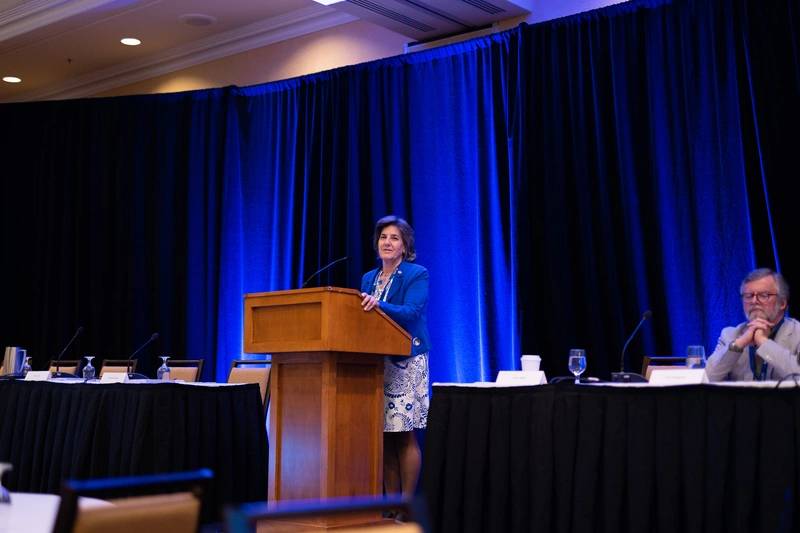 Dr. Anya Waite speaking at the OFI's Ocean Frontier 2022 event, which brought together global leaders in science, industry, policy, and philanthropy to discuss the next frontier of ocean-climate challenges. © Odum Idika
Dr. Anya Waite speaking at the OFI's Ocean Frontier 2022 event, which brought together global leaders in science, industry, policy, and philanthropy to discuss the next frontier of ocean-climate challenges. © Odum Idika
A Seasoned Veteran
A pillar in the international marine industry, Waite remains passionate about science and dedicated to understanding the power of oceans. And while she shares a common sense of curiosity and exploration with other scientists, her OFI role presents a unique opportunity to challenge the way research is conducted and shared across labs, institutes and countries. Storytelling is critical, she emphasized—both in how the ocean is framed as a superpower, as well as garnering public attention despite recent extremist and anti-science trends. “These are deeply disturbing,” Waite reflected. “We need to be smart enough to counter them, but I don’t think we are yet.” Her words, like the sea’s deep blue, are compelling and hold undeniable weight as researchers in Atlantic Canada and beyond delve further into understanding the mysteries of the world’s oceans—before it’s too late.




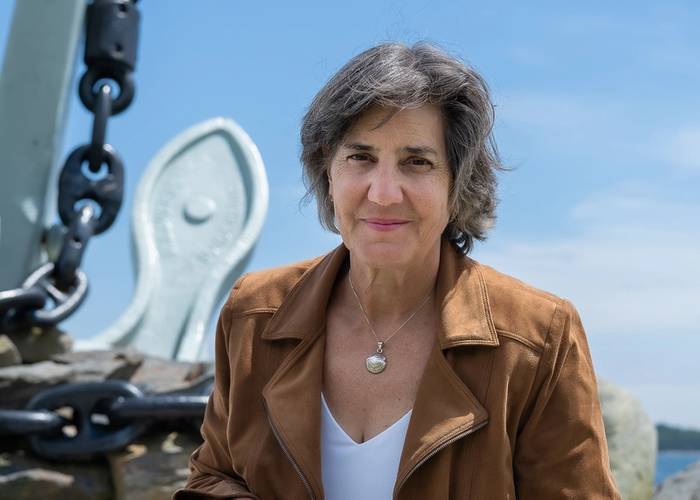
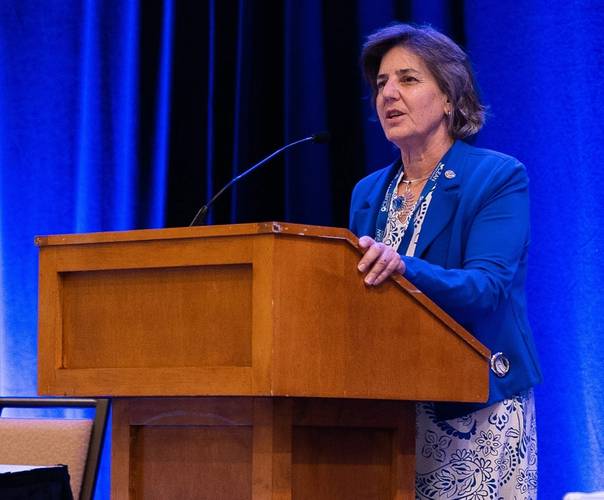




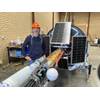
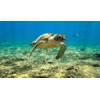






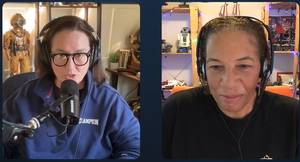
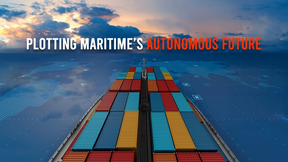
 August 2024
August 2024
